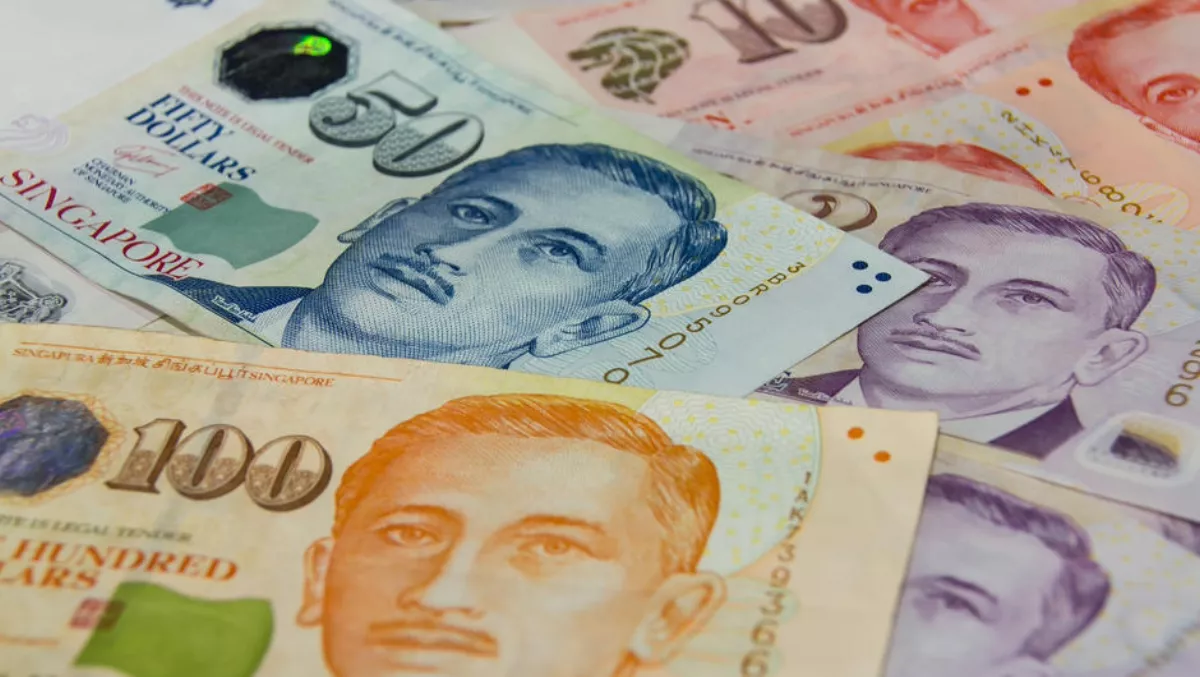
Singapore must not tarnish its reputation as an international financial centre and transport hub by becoming a transit point for money laundering and illicit funds.
That's according to the Anti-Money Laundering (AML) and Countering the Financing of Terrorism (CFT) Industry Partnership, which has released a set of new best practice guidelines this week.
The AML/CFT Industry Partnership (ACIP) was formed in 2017, chaired by both the Monetary Authority of Singapore and the Commercial Affairs Development. Eight banks and the Association of Banks in Singapore are all members.
The new best practices are designed for financial institutions to guard against trade-based money laundering, and the misuse of company structures for illicit purposes.
The ACIP best practice papers highlight ‘red flag' customer behaviours or transaction patterns that can indicate illicit financial activities. They also recommend measures that organisations can take to prevent illicit activities.
Examples of red flags include illogical payment instructions, last minute changes, goods that are out of line with a customer's known business, deal structures with unusual complexity, discrepancies in documents, and attempts to disguise or circumvent countries involved in actual trade.
“The Papers were produced by two industry-led working groups, comprising representatives from major banks, professional service providers and government agencies in Singapore,” a statement says.
ACIP says the recommendations are also relevant for professional service providers who operate outside of the financial sector, such as accountants, lawyers, and company services providers.
“We are heartened by the industry's commitment in tackling money laundering, terrorism financing and other illicit activities,” comments MAS' Financial Supervision Group special advisor Chua Kim Leng.
“As criminals employ increasingly sophisticated means to launder money, financial institutions, intermediaries and gatekeepers must remain vigilant and take pre-emptive measures to combat such risks.
The CAS and MAS encourage all relevant firms to adopt the red flag indicators and also recommend measures to strengthen resilience against money laundering and terrorism financing risks.
The ACIP has also set up a data analytics working group, whose aim is to leverage collective data to better detect suspicious client profiles, activities, or transaction patterns.
The group will also identify areas where industry and government can collaborate on enforcement efforts against criminals who abuse Singapore's financial system.
Commercial Affairs Development director David Chew says the ACIP's first year has been fruitful.
“We have had open discussions about emerging financial crime typologies and enriched our collective understanding of the threats facing Singapore. I hope ACIP continues to build on this foundation of trust, as we move towards closer cooperation.
The best practice papers are available on the Association of Banks in Singapore's website.
